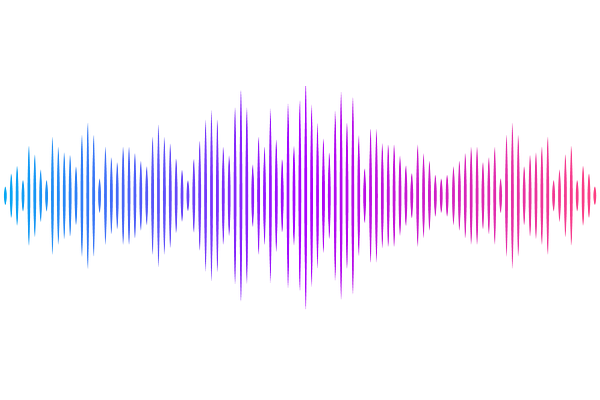Does amplitude compression help or hinder attentional neural speech tracking?

Does amplitude compression help or hinder attentional neural speech tracking?
Orf, M.; Hannemann, R.; Obleser, J.
AbstractAmplitude compression is an indispensable feature of contemporary audio production and especially relevant in modern hearing aids. The cortical fate of amplitude-compressed speech signals is not well-studied, however, and may yield undesired side effects: We hypothesize that compressing the amplitude envelope of continuous speech reduces neural tracking. Yet, leveraging such compression side effect on unwanted, distracting sounds could potentially support attentive listening if effectively reducing their neural tracking. Here we studied 24 normal-hearing (NH) and 9 hearing-impaired (HI) individuals who were asked to focus on one of two competing talkers while ignoring the other. Envelope compression (1:8 ratio, loudness-matched) was applied to one or both streams containing short speech repeats. Electroencephalography (EEG) allowed us to quantify the cortical response function and degree of speech tracking. With compression applied to the attended target stream, NH and HI participants showed reduced behavioural accuracy, and compressed speech yielded generally lowered metrics of neural tracking. Despite the expected weaker tracking of a compressed distractor stream, however, HI individuals exhibited stronger tracking of the concurrently presented target stream. Our results imply that intelligent compression algorithms, with variable compression ratios applied to separated sources, could help individuals with hearing loss suppress distraction in complex multi-talker environments.